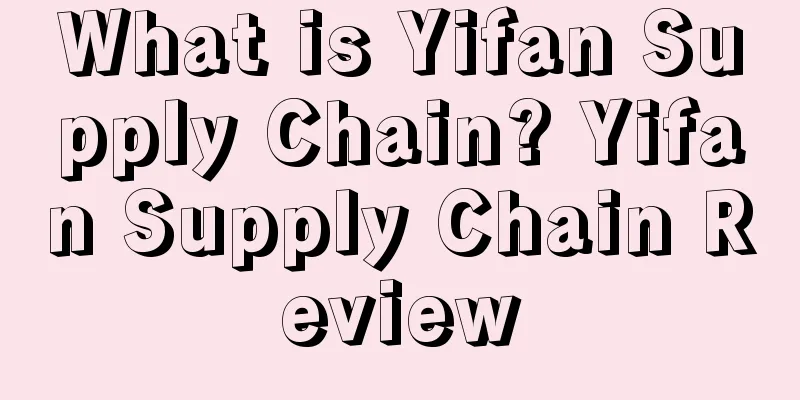Shein's IPO in the US has not yet been finalized, and the US Congress is making trouble again

|
It is learned that according to foreign media reports, on May 4, a group of 24 US congressmen and bipartisan representatives wrote to the US Securities and Exchange Commission, asking Shein to provide evidence that it did not use Xinjiang forced labor cotton, otherwise Shein would be banned from IPO in the United States.
Shein was valued at $64 billion in a private funding round set to close in April, down 33% from a year earlier. So far, Shein has never publicly talked about an IPO, but several media reports have said the company plans to list in the U.S. in the second half of this year.
In the letter, the lawmakers said there were "credible allegations" that Shein used low-wage labor in the Xinjiang Uyghur Autonomous Region and was suspected of falsifying slave labor reports at its partner factories, particularly those located in the region.
Shein responded that it takes its entire supply chain seriously and is committed to respecting human rights and complying with the laws and regulations in every market where it operates.
It is understood that the United States has always had forced labor allegations against Shein and passed the Uyghur Forced Labor Prevention Act in 2021. As of February, China's exports of textile raw materials and clothing fell 14.1% year-on-year amid the US crackdown, the Global Times reported in early April.
However, at the recent third session of the 133rd China Import and Export Fair (commonly known as the Canton Fair), cotton textile products from the Xinjiang region seemed unaffected by the US crackdown, with more than 100 domestic and foreign buyers signing intended transactions worth 570 million yuan (82.46 million US dollars).
Wang Jiang, an expert at the Institute of China Borderland Studies at Zhejiang Normal University, said that facts show that the abuse of financial hegemony and market dominance by the United States cannot prevent Xinjiang products from being sold to the market and entering the global market. Many of these customers are from Asian, African and Latin American countries, which are less affected by the so-called Uyghur Forced Labor Prevention Act (UFLPA) of the United States.
In addition, China's Xinjiang's cotton industry is upgrading to more efficient, more environmentally friendly products and larger-scale planting, which will ultimately make Xinjiang's products more competitive. Editor✎ Ashley/ Disclaimer: This article is copyrighted and may not be reproduced without permission. |
>>: Walmart, Target, Walgreens and Best Buy Ranked Among the Top 50 Companies in the United States!
Recommend
Good news! Amazon has launched a duty group, and you can register for a store first during the holidays
The Spring Festival holiday is extended. What sho...
Three major changes! Amazon once again adjusts the new FBA rules
On April 27, Amazon Global Store officially announ...
US e-commerce platform ranking forecast! Small players will continue to rise in status
It is learned that according to eMarketer's fo...
What is the NHS? NHS Review
NHS (National Health Service), the UK's nation...
Amazon's major update! Seller accounts are inexplicably linked?
Let’s start today’s main text. ◆ ◆ ◆ ◆ Today, a p...
The first day of Amazon's autumn Prime Day: some sellers' orders increased 10 times, but most people were "working in vain"?
With the end of the National Day holiday, Amazon&...
What is FP? FP Evaluation
FP is the pinyin abbreviation of counterfeit goods...
The double blow of fund orders and volumes, have you been cut off today as a cross-border person?
Cross-border people, did the fund you bought fall...
What should I do if there are no orders on the Amazon homepage for my keywords?
After trying my best, I finally got a keyword ad ...
H&M plans to introduce more third-party brands to compete with SHEIN
It is learned that according to Reuters, on July 2...
Temu and Shein traffic surged, but conversion rates were far lower than Amazon
Although Temu and Shein attracted millions of visi...
“7-pronged approach” to find all Amazon listing keywords!
Before discussing keyword embedding and layout, y...
FBA warehouses need to fill in arrival time! Amazon announces new regulations
Amazon in the United States recently released an a...
What is Discount.com? Discount.com Review
Discount websites, commonly known as deal sites , ...









